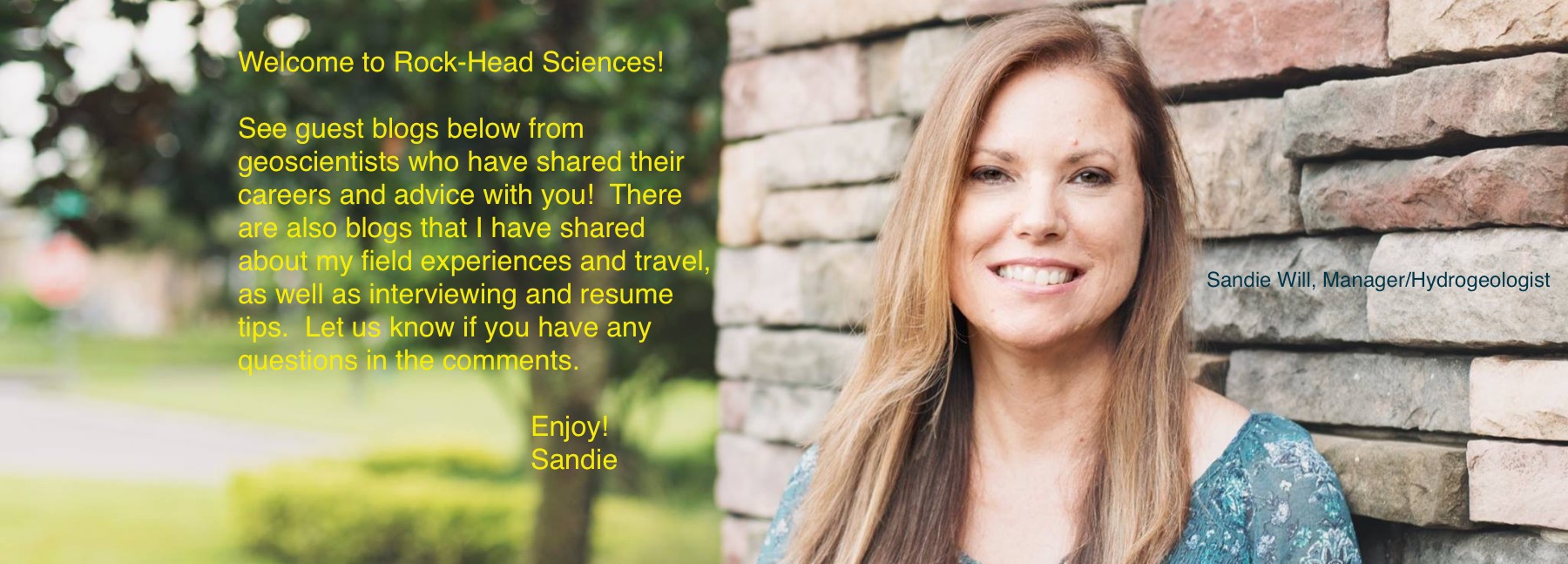NAME: Yuzhe Wang
CURRENT TITLE: PhD Candidate
AREA OF EXPERTISE: Geography/Glaciology/Remote Sensing/Numerical modeling, China
YEARS EXPERIENCE: 4
EDUCATION: B.S. Geography; M.S. Physical Geography; PhD candidate
What’s your job like?
I’m a PhD candidate at the State Key Laboratory of Cryospheric Science, Chinese Academy of Sciences, in Lanzhou, China. My work focuses on the numerical modeling of mountain glaciers in the Mt.Qilian, northeast of Tibetan Plateau.
Although the numerical modeling could be completed on the computers, we should also carry out laborious field work on glaciers with an altitude more than 4200 m, which may cause an altitude sickness (e.g. headache, dizziness). The regular field work involves measurements of mass balance and glacier velocity, AWS data collection, etc. We also carried out some projects on glaciers, for instance, ice core drilling in the accumulation area and GPR measurements.
What’s a typical day like?
My work day can be divided into two different types—in the office and in the field. When I am in the city, I walk to my office where I will work with my fellows and my supervisor. A new day usually starts with checking emails and QQ (a popular instant messaging like MSN), where I receive the news about my study area and receive seminar notifications from my research group. In fact, most of my day is spent on paper reading, programming and physics studying. The classical and newest papers in my study area should be read. It is crucial to keep up with the recent research and techniques, such as remote sensing. My main work is to develop a numerical model that can simulate the glacier flow, and predict its future behavior in a changing climate. I spend lots of time on coding and debug programmes, which can bring me a sense of fulfillment. My goal is to build a three-dimensional model to understand the glacier dynamics.
The field work usually begins in May, when it is slightly warmer than the winter. Fortunately, we have a research station built on the old lateral moraines, two kilometers distant from the glacier terminus. However, the station is situated at an altitude about 4200m with a temperature usually below freezing point, and heating would be supplied by coal even in the summer. It is ironic that we study how glaciers respond to the warming climate, and we also emit green house gases in the glacierized region.
A typical field day starts with driving 5 minutes to the glacier terminus. Then we climb the glaciers which usually takes us approximately three hours for one-way. We look for the stakes, which is drilled into glaciers as markers of glacier motion and mass balance. Although the GPS could guide us to their previous positions, we should also climb the complex terrains to find them, especially in the ablation area. The surveyed glacier is about 9 km in length and 20 km2 in area, and the snowmobile could not be used everywhere due to the crevasses, ice and steep terrain. Sometimes I really feel boring and laborious. After the work, we enjoy the run down the glacier, which only takes us 1.5 hours to the terminus. Tasty food and bed are waiting for us in the station.
What’s fun?
It’s very interesting to go to the field with my fellows. From the city to the glacier, different landscapes, for example, Gobi Desert, Mongolian prairie will come out during our journey. I also like the slower pace of life in the field, which means there is no network, no mobile phone signal, and less contacting with the outside. I would have much time to read books and enjoy the sky full of stars.
Coding in the night is also my favorite time. When I find a bug in my programmes, I will be so excited. I like to see the glacier temperature field, velocity field, and terminus change computed by my codes.
As a PhD student, it is my best time when my papers could be received by the journals. We can enjoy a lot of fun from our field work and office work.
What’s challenging?
Life in the field can be very hard. We should conquer altitude sickness symptoms, cold climate, and dangerous terrain. It is not easy to collect data on the glacier. Keeping up with the research progress and updating our knowledge can be also challenging. It is the only way that we could survive and keep advance in our study area.
What’s your advice for students?
I’m a PhD student who also need advice from the professionals. Maybe I could not provide any valuable suggestions. In my view, we should adapt to the field environment and learn to enjoy field time. Reading more papers is also important for us.


